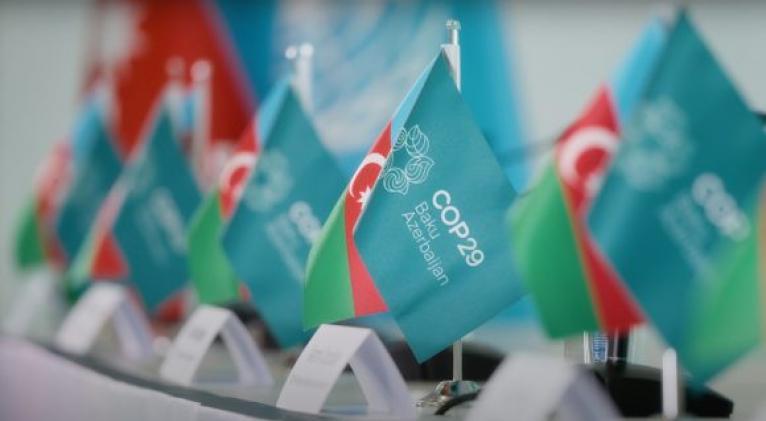How Do We Get to COP29?
especiales

Once again the final months arrive and with them an important event for the planet: the United Nations Conference on Climate Change, which in 2024 edition is called COP29.
In November, the city of Baku, Azerbaijan, will host this meeting that year after year, since the first UN climate agreement in 1992, brings together representatives of all parties, government leaders, economic leaders and civil society, to coordinate policies that limit the increase in global temperature and agreements that allow us to adapt to the imminent impact of climate change.
But how do we get there? Will there really be results from the previous event? I don't know how it will be in the world, but I feel that we’re making little progress, that meetings have long seemed to be the norm, and therefore, conditions that gave rise to this assembly continue to be seen, which, in reality, has the fundamental purpose of safeguarding life on Earth as we know it.
The 2023 meeting in Dubai, United Arab Emirates was controversial from its very conception, as it took place in one of the richest countries in existence, recognized worldwide because its main source of income comes from oil and natural gas, this exploitation being one of the causes of global warming.
From this point of view, it was not an honest activity because although there were promises to reduce emissions that damage the ozone layer and they have signed alliances and invested in favor of the environment, we are talking about a nation that’s increasingly expanding its production of fossil fuels, and, in addition, used coercion as a warning to avoid protests during the sessions.
Currently, large companies and powers have not shown real willingness and speed to mitigate the damage they directly cause to the different ecosystems, and which they return to us. Nor do they show much interest in helping disadvantaged states that lack their own resources to promote actions.
Although more than 120 countries have stated that they would gradually eliminate the use of fossil fuels, the reality is that nothing is truly tangible, and so far renewable energies and other initiatives that reduce the effects of climate change are just a dream that does not reach the masses, just as energy efficiency by 2030 seems like a utopia.
Oaths are of no use to the climate crisis. The objectives must be more ambitious and the controls stricter. Time is running out from summit to summit, and all the time nature continues to give us signs that the planet has irreversible limits.
Translated by Amilkal Labañino / CubaSí Translation Staff














Add new comment